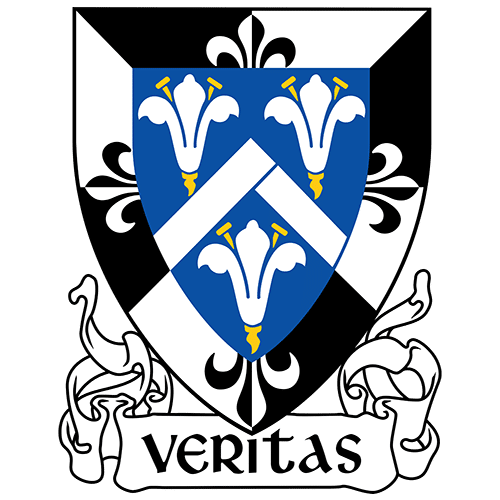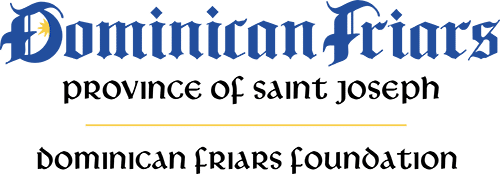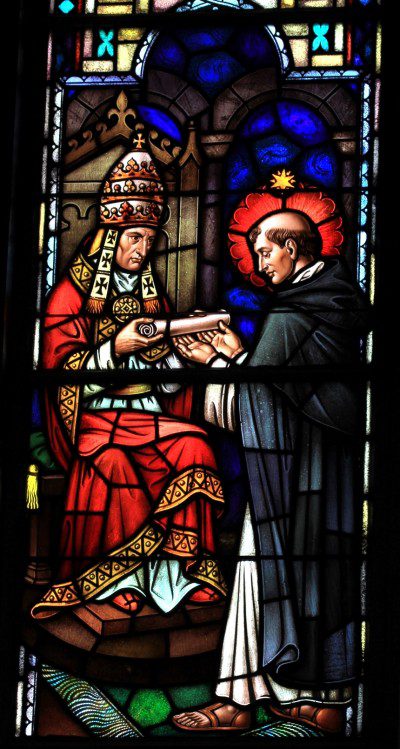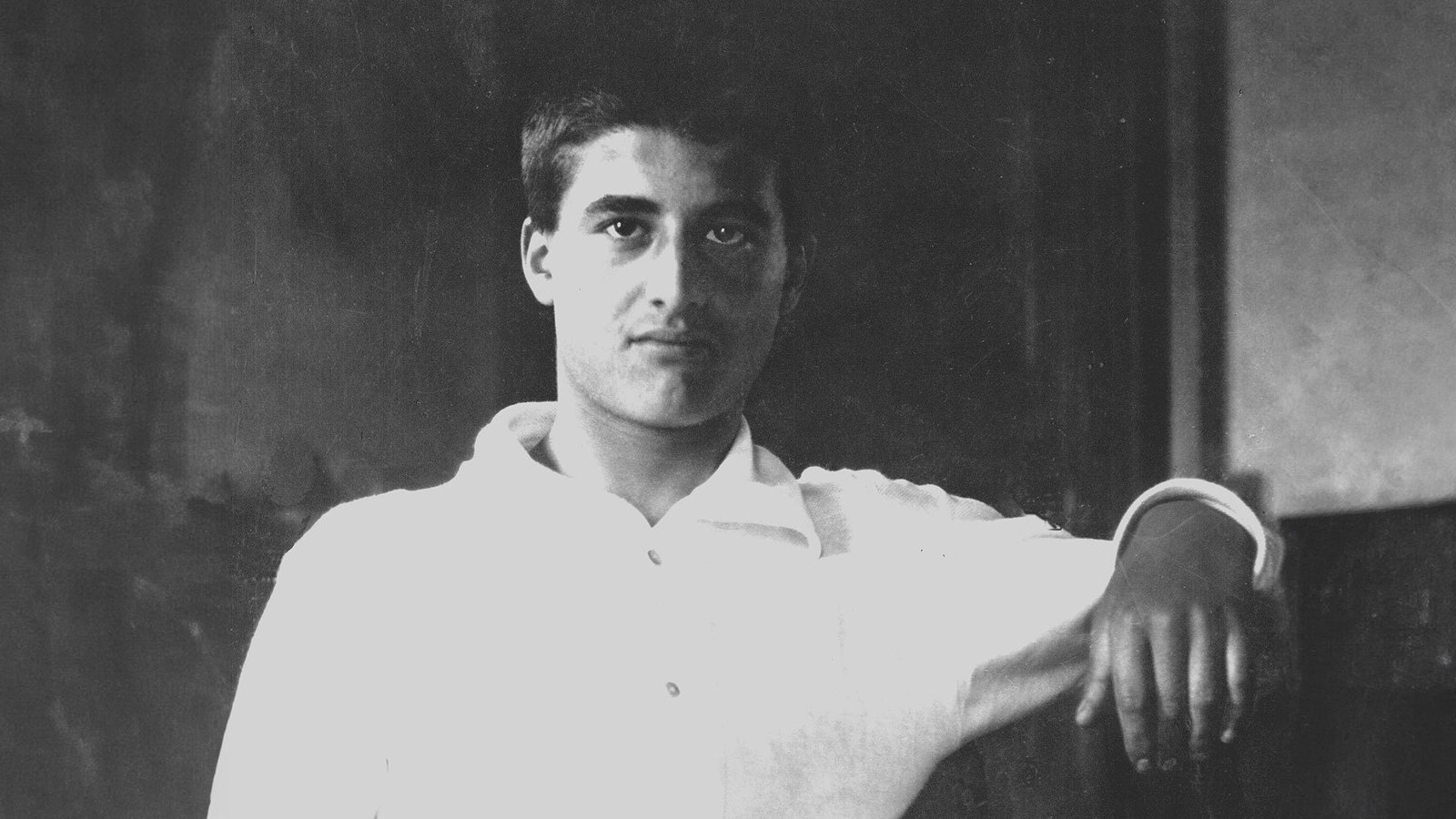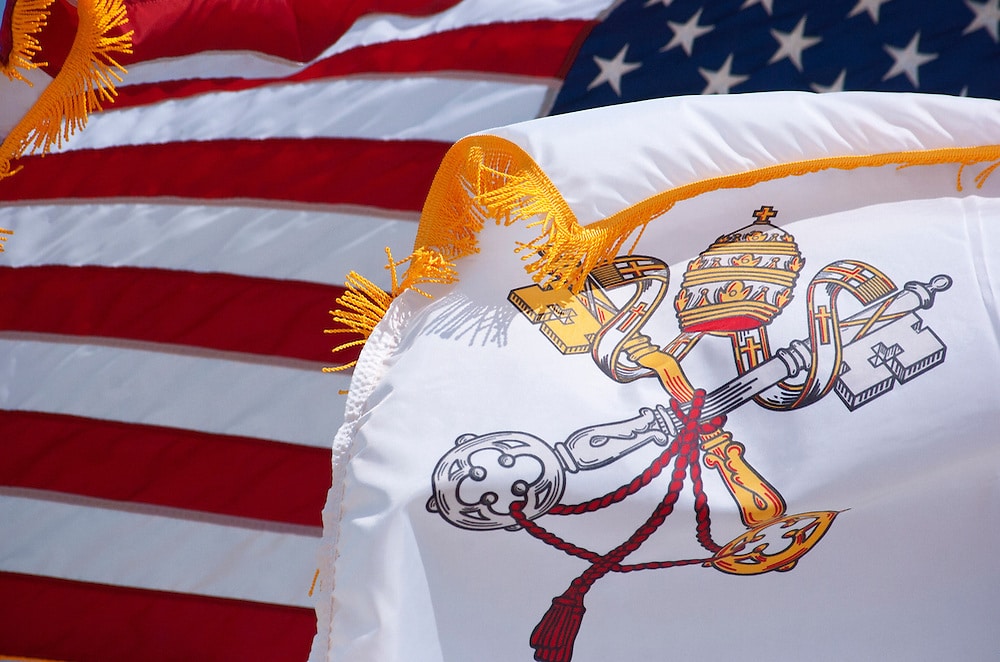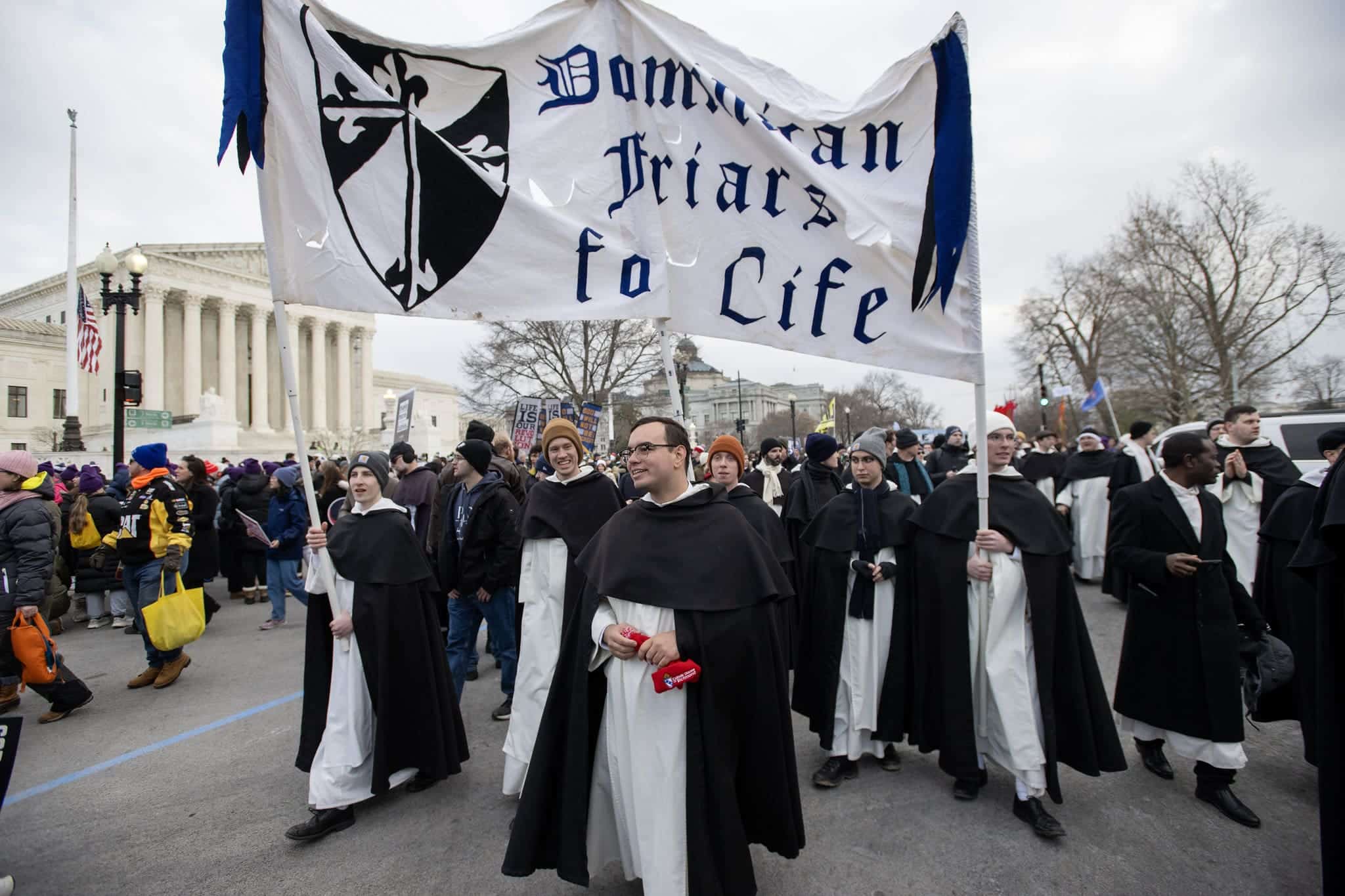The Dominicans responded to the specific needs they perceived in the contemporary church. One task they took on was combating heresy through learned preaching well grounded in careful theological preparation. While in Rome, Dominic preached in several churches and before the pope and the papal court during Lent. In recognition of his work there, Dominican tradition holds, Dominic was granted the honor of giving theological advice to the pope, a position he held until his death in 1221.
A few years after Dominic’s death, Honorius III created the formal office of the master of the sacred palace–technically, the theologian of the papal court or government. His responsibility included reviewing documents, writings, and books at the request of the pope or other church officials and offering a theological opinion on them. Dominic’s successor in this role was Bartholomew of Bologna. Since then it had been the custom for the pope to appoint a Dominican as his official theologian. The Dominican order has produced some of the greatest preachers of the Catholic Church and many of its leading theologians, including St. Thomas Aquinas, St. Albert the Great, Cardinal Cajetan, and John of St. Thomas. St. Catherine of Siena, a member of the Dominican Laity, was made a Doctor of the Church. In addition, many prominent contemporary theologians are Dominicans.
The above excerpt is from Reflections of Dominican Spirituality: The Windows of St. Dominic Church, Washington, D.C. by Dr. Mary Moran.
